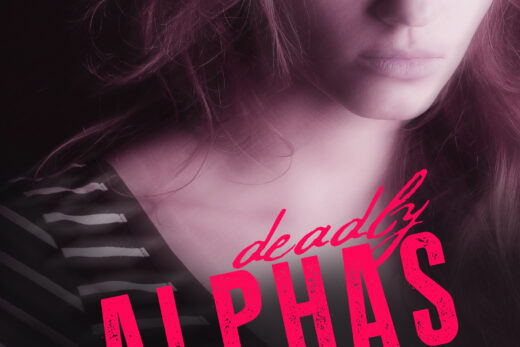This is part of a series of blogs about vampires in literature and film. This is not a review, per se, so SPOILERS will be discussed. Proceed with caution.
If The Lost Boys loses ground because it fails to take itself seriously enough, then Near Dark is prevented from being a great film for failing to have any fun with vampire mythos whatsoever. Near Dark hit screens the same year as The Lost Boys, so both have a 1980s feel to them. Near Dark is even scored by Tangerine Dream, the same people who did the music for Legend (another movie that seems like it should be good, but is simply lacking something). But Near Dark is no happy 80s romp across the vampire landscape. Instead, it is a heavy film, full of dread and despair. Its greatest sin is its ending, which reverses so completely the overall mood of the film that its impact is severely flawed.
Near Dark is the story of Caleb, a teenager who lives out west somewhere. The depiction of western American life is dreary and lifeless. The filmmakers definitely capture the boredom of small town America. When Caleb meets Mae, an attractive girl, who seems like trouble, but is actually really, really sweet, he falls for her immediately. So much so that he lets her bite his neck. Agh! He’s a vampire.
But, no, sorry, this is Near Dark. Therefore, becoming a teenage vampire is serious business, which leads to going on the run with a group of vampire drifters (including Mae, the only one who’s nice). The film makes a show of finding out what makes these vampires tick, and even of being somewhat sympathetic to their plight. We feel very sorry for poor Caleb, who doesn’t want to kill people. And there is also a little boy vampire, who feels very alone. The other vampires are sort of forgettable to me. I haven’t seen the movie in quite some time, but I do remember the pervasive feeling of dread that underlined every scene. The situation was one of no escape, of constant travel, and of being a monstrous outcast for all time.
It’s this attitude that makes the film pure gold. That is a new and interesting take on vampires. There is no mythic lore to discover, no history. It is simply is. And it sucks. (No pun intended, of course, because there are NO PUNS in Near Dark. This is bad, folks. Very, very bad.)
At this point, the film begins to run off the rails. I guess the writers suddenly realized they didn’t have much in the way of a plot, so they drummed something up. The little boy vampire whose name is Homer (according to Wikipedia) decides he really likes Caleb’s little sister Sarah and wants to turn her into a vampire. Caleb is against this, of course, but Homer is determined. Sarah somehow gets captured. Caleb’s dad shows up and manages to rescue both Caleb and Sarah and then…
The film jumps off the track and becomes totally stupid. Guess what cures vampirism??
Blood transfusions.
Yeah, seriously, it’s that simple. And it doesn’t even have to be a big deal blood transfusion in a hospital. You can just rig one up in your barn. Presto-chango! You’re cured.
I think what really held the 80s back in terms of vampire lore was their insistence that vampirism was something that had to be cured. (Okay, maybe not in My Best Friend Is a Vampire, but usually.) Once the idea of vampirism is embraced by a story and not treated as a problem to be solved, then creative ideas can really get going. (But I think I’m starting to compose the blog entry on Underworld, so I’ll stop there.)
The end of the movie follows a predictable fight between vampires and humans, with vampires all getting killed, except Mae, who is allowed to get a blood transfusion, be cured, and live happily ever after with Caleb.
See, the problem with this ending is that it’s not happily ever after. When Caleb began the movie as a teenager in western America, he was far from happy. Now he’s returned to the same miserable existence. If the movie had, at the beginning, made Caleb someone who was searching for true love, then this ending would be satisfying. If the movie had made Caleb someone who craves adventure, but then realizes adventure isn’t all it’s cracked up to be and wants a simple life, that would also make this ending satisfying. However, the bleakness of the entire film begs for a different ending. You can’t end a movie that is so completely a downer with a happy ending. It doesn’t fit. Happy endings have to be set up somewhere earlier in the story. Just saying.
Overall, Near Dark is a must-see for anyone who loves vampire movies. It has moments of extreme beauty, both visually and emotionally. But the ending? Yeah. Terrible.



